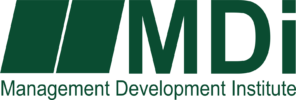Augmented, mixed and virtual reality (AR, MR and VR) technologies are becoming increasingly important in a variety of application areas. New types of hardware devices and forms of interaction are used here. In addition to the technical features, this course deals with aspects of human perception and approaches to the development of AR/VR applications.
The definition and delimitation of the terms augmented, mixed and virtual reality as well as the demonstration of application examples initially give students an understanding of the field.
In order to suggest the existence of a virtual world or virtual objects to users, aspects of human perception must be used. Based on the fundamentals of human information processing, the phenomena, problems and solutions that must be taken into account in AR and VR applications are shown.
AR and VR systems can be realised in various ways. This course addresses different output forms, tracking methods and interaction possibilities. In addition, other techniques are highlighted that are especially important in the AR field.
Software development in AR and VR may require the application of specific processes. This course teaches selected approaches that are helpful in the design, prototyping and testing of AR and VR applications.
Finally, an outlook on future applications and the research potential of augmented, mixed and virtual reality is given.







